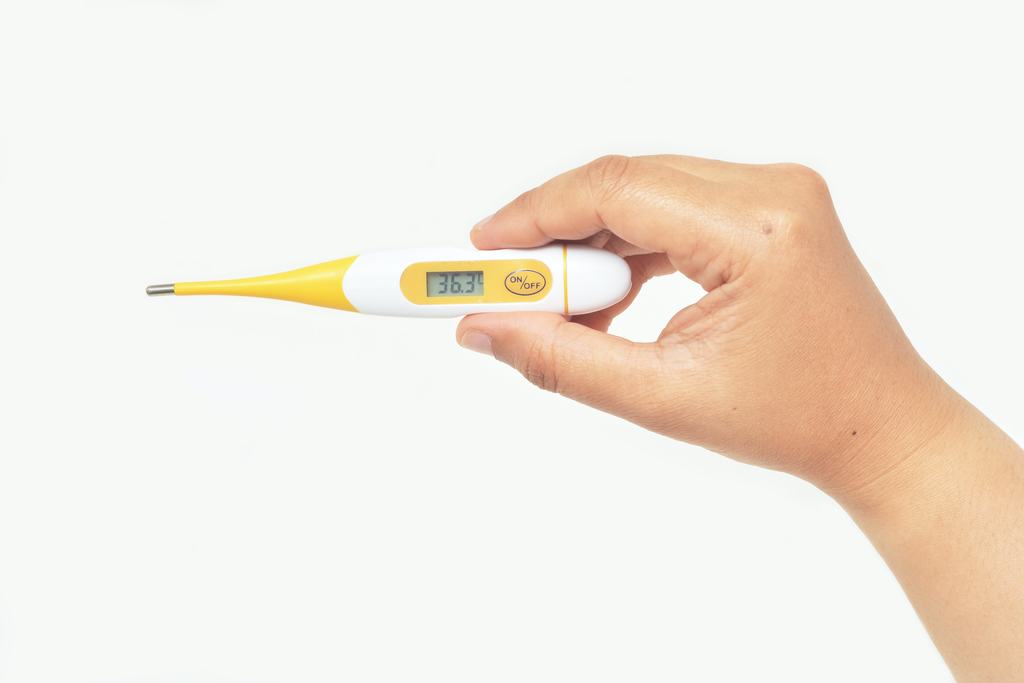When talking about infant sleep safety, pediatricians will recommend that a baby sleeps on their back since sleeping on their stomach might cause asphyxiation.
So, when the media reports the Sudden Death (SIDS) of a baby, the sleeping position and the sudden death of the baby are often connected. However, such reports are problematic.
The so-called Sudden Infant Death should refer to cases where the cause cannot be found after a detailed examination.
If it is determined to be asphyxiation, then that is the real cause, not Sudden Infant Death. Such a reporting method will give the public a wrong impression that as long as the baby does not suffocate on the bed, they will not suffer Sudden Infant Death.
So today we will not talk about the suffocating factors, but instead, talk about other effects caused by a baby lying on their stomach.
1. Stomach Sleeping Lowers Blood Oxygen and Increases Carbon Dioxide
Babies sleeping on their side or sleeping face down will make them more likely to re-inhale the air that was just exhaled. This air contains higher carbon dioxide and lower oxygen, which will increase the carbon dioxide concentration in the baby’s blood and reduce the oxygen concentration. This, of course, will affect the baby in a way that a lack of oxygen would to any human, which we don’t want.

2. Sleeping on Stomach Increases Body Temperature
The body is less likely to dissipate heat in a sleeping position, so babies sleeping on their stomach is more likely to cause overheating than sleeping on their back. Hyperthermia is one of the biggest risk factors for Sudden Infant Death.
Also Read: Top 3 Steps to Take When Baby Has a Fever
3. It Negatively Affects the Autonomic Nerve
Sleeping on their stomach or face down will affect the baby’s s cardiovascular autonomic nerve, which regulates heart rate and blood pressure, and will reduce the oxygen supply to the baby’s brain. This effect is most pronounced when the baby is 2-3 months old.
The above three points are the direct effects of sleeping on your stomach, not to say that you can avoid them as long as you pay attention to the setting of the crib. Even so, there are some difficulties when trying to promote the best sleeping positions (face up or on baby’s back) such as the following.

FAQ’S About Baby Sleeping on Stomach Answered by Dr. Yeh
Best Sleeping Positions for Peaceful Baby Sleep
We need to change an important misconception. While sleeping on their stomach may allow the baby to sleep longer, the ability to often wake up from sleep is an important protective mechanism for babies, in order to fight the various crises that they might encounter while sleeping. In fact, we should allow the baby to wake up normally. This means if you let your baby sleep longer by having them sleep on their stomach, it is not a normal natural phenomenon.
Can You Prevent Infant Reflux By Sleeping Face-Down?
Not exactly. The esophagus is closer to the back, so the relative position of the esophagus is above the stomach when lying face down, and it is less likely to reflux. However, only a few patients with severe respiratory problems, such as certain laryngeal fissures, are made to sleep on their stomachs because they are susceptible to the threat of gastroesophageal reflux. For ordinary babies, it is better to choose to sleep on their backs. Of course, if your baby is still awake, you can use a face-down lying position to reduce gastroesophageal reflux (infant reflux) after eating, but only if someone is watching.
Baby Rolling Over
There is not enough information to tell us clearly how old a child can be when we can let them sleep face down uninterrupted. Therefore, if your baby will only turn from lying on their back to lying face down, and not vice versa, then it is better to help them turn back to a face-up position after they find themselves lying on their stomach, even if this process might wake them up, or if you have to continually go into their room to turn them. If the baby can already turn from lying down face down to lying on their back and vice versa, then in principle, after falling asleep, let them choose the sleeping position they like freely.
Finally, I want to remind you that research shows that babies who occasionally fall asleep in a face-down position may be more likely to fall into danger than babies who often fall asleep (in a face-up position because they do not adapt. So remember that if you want your baby to sleep on their back, you have to let them sleep on your their back every time, especially when you ask others to help you take care of your baby, and you have to remind them again and again: “Don’t let the baby sleep face down, not even once!”